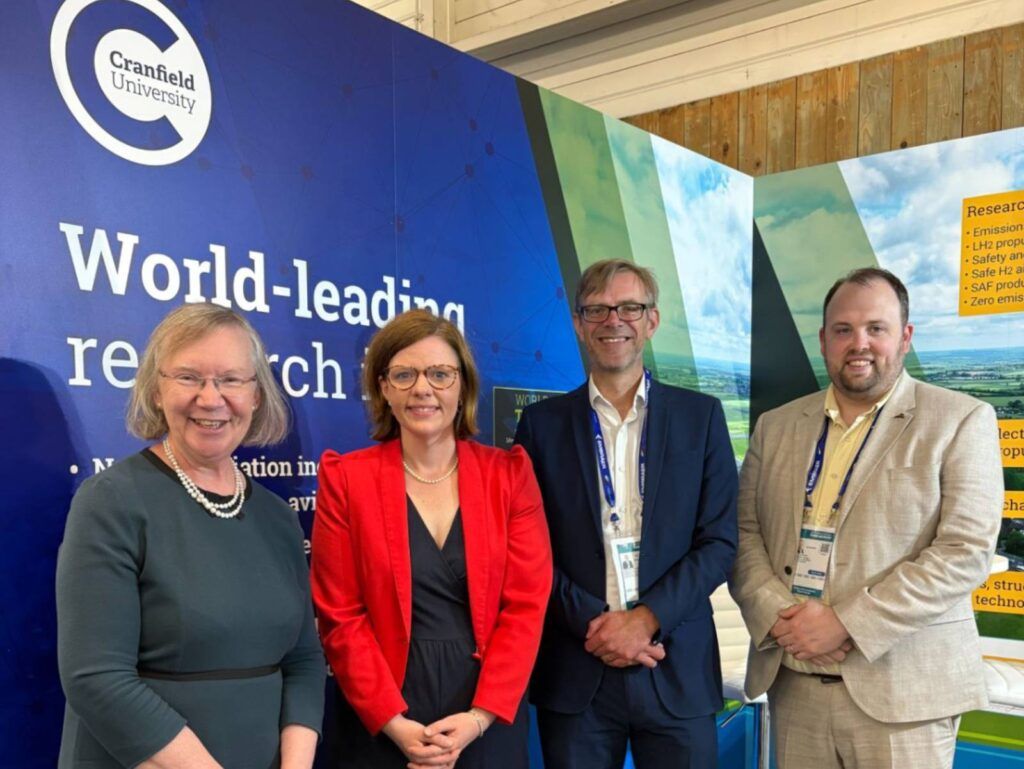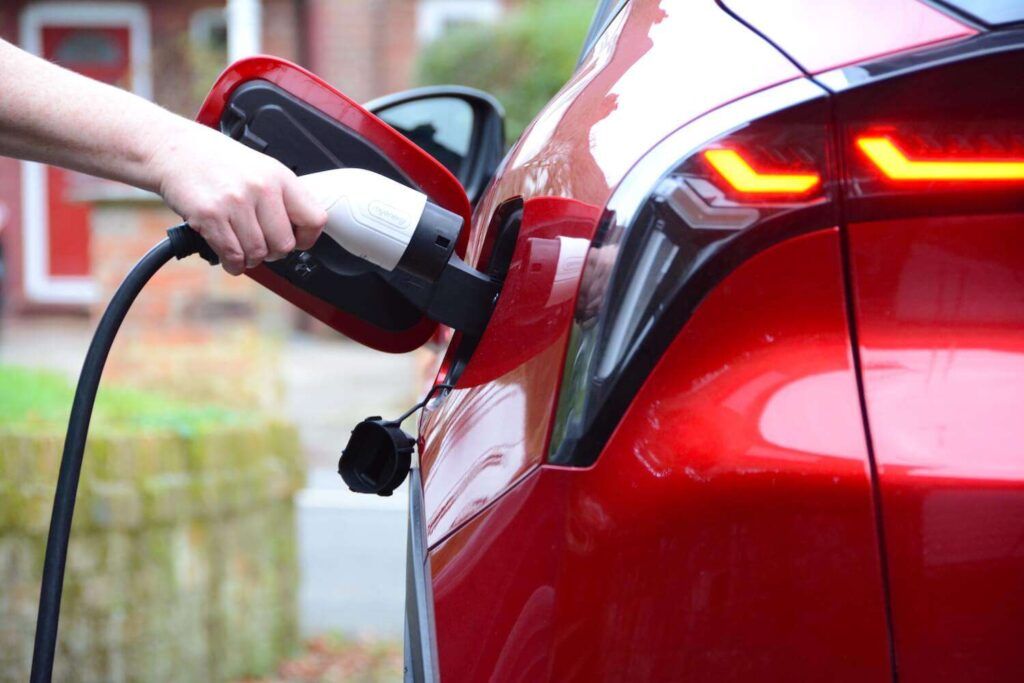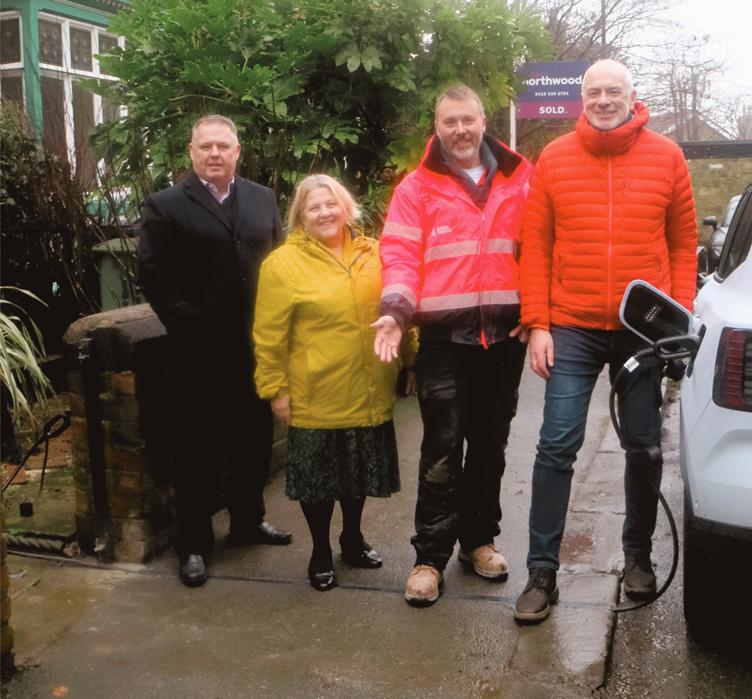Cranfield University and its industry partners have received a share of £250m in funding from the UK Government for green aerospace projects.
The university is involved in two projects both of which capitalise on the University’s advanced expertise in hydrogen power and materials science.
One of the projects, with the firm Darvick, is called Mach2ine and will create machines to test materials used in hydrogen-powered aircraft.
The machines will be able to test materials at extreme temperatures and pressures, and under complex forces. In addition, they will accurately measure hydrogen levels during testing, ensuring these materials are safe and reliable for flight.
Another project with Actuation Lab is Dragonfly, which is developing a special valve to control the flow of super-cold liquid hydrogen for future zero-emissions aircraft.
The team will work on prototype manufacturing, pressure testing and flow testing, and fatigue analysis ensuring all systems comply with regulations. Cranfield experts will develop a novel electric machine for precise control of the valve and conduct material testing at cryogenic temperatures in a hydrogen exposed environment to evaluate the valve’s performance in extreme environments.
The two projects build on a large investment into hydrogen technologies for aviation at the University, with £69m creating the Cranfield Hydrogen Integration Incubator (CH2i), a specialist ecosystem of expertise and facilities for advanced R&D with industry.
The first phase of CH2i, a suite of test cells sited near the airport at Cranfield, is nearing completion.
Professor Dame Helen Atkinson DBE FREng, said:
“UK innovation in aerospace really is world-leading and this investment will accelerate hydrogen-enabled flight, which could have a transformative impact on aviation carbon emissions.”
Dr Efstathios Siampis, Lecturer in Vehicle Electrical Electronic Systems, leads the project for Cranfield and commented:
“This project is another vital step towards cleaner aviation. The specialist valve we will develop, with safety and performance at the forefront, is a key component to create the fuel systems that will work with super-cold liquid hydrogen in the future.”
Dr Francesco Fanicchia, Senior Lecturer in High Temperature Surface Engineering at Cranfield University, is co-lead of the project and said:
“Testing and certification of materials for use in hydrogen-powered aviation is a critical part of the journey towards decarbonising aviation.
“There’s currently no machine capable of testing materials properly under extreme conditions. This project is set to provide the UK with repeatable hydrogen testing covering the wide range of conditions required by industry – it will accelerate validation of materials across the UK aerospace supply chain and beyond.”
Image courtesy of Cranfield University (l-r): Professor Dame Helen Atkinson, Alex Baker MP, Professor Mark Westwood, Mark Aizlewood












